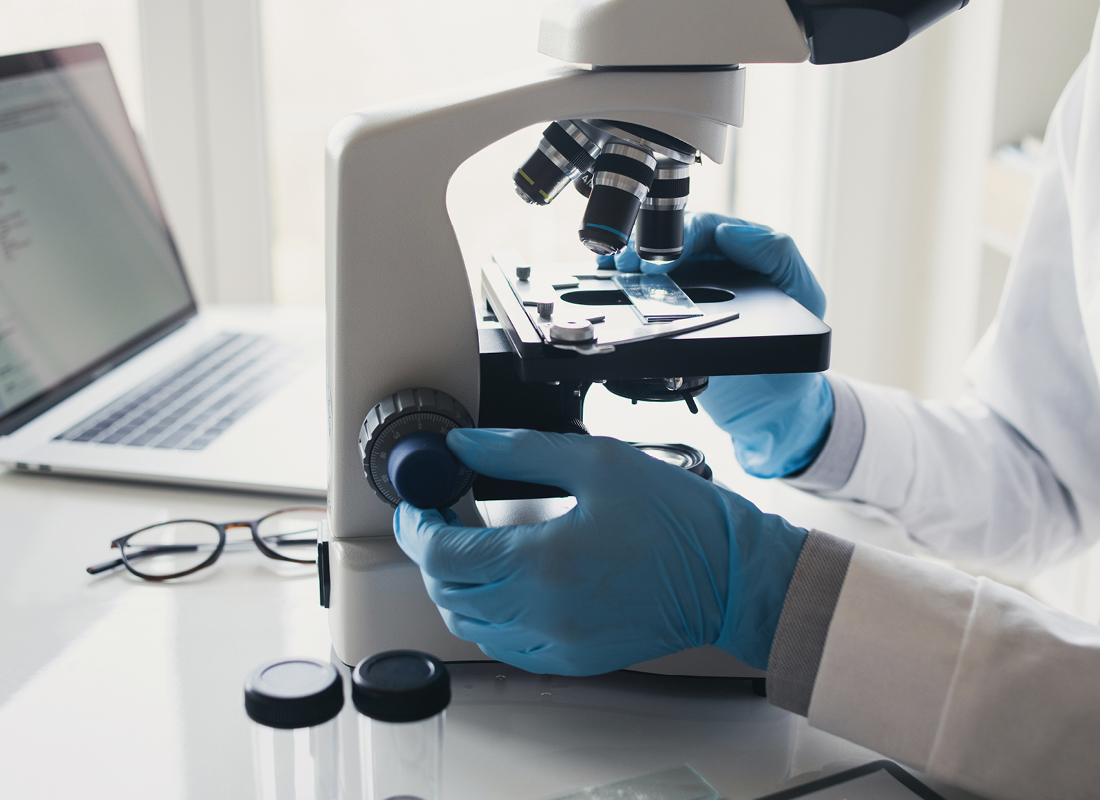Study Shows Progress Towards a Blood-Based, Multi-Cancer Screen
From - Diagnostic Testing & Emerging Technologies A blood-based screening test capable of detecting multiple forms of early cancer just took one step closer to becoming a reality. A study published… . . . read more

A blood-based screening test capable of detecting multiple forms of early cancer just took one step closer to becoming a reality. A study published Jan. 18 in Science highlights the use of the blood test in a large study of both early-stage cancer patients and seemingly healthy controls.
The blood test, called CancerSEEK, simultaneously evaluates levels of eight common cancer-associated proteins and the presence of mutations on 16 cancer genes from cell-free DNA circulating in the blood. Unlike other liquid biopsy technologies, the test also relies on artificial intelligence to find patterns in the protein and genetic results to pinpoint the tissue of origin. The cancers that the test screens for—ovarian, liver, stomach, pancreas, esophageal, colorectal, lung, and breast—account for more than 60 percent of cancer deaths in the United States. Five of the cancers covered by the test—ovarian, liver, stomach, pancreas, and esophageal—currently have no screening test.
Despite the hype and large investments in commercial companies like GRAIL (spun out of Illumina with $1.2 billion in venture funding) and Freenome, which raised $65 million in early-stage venture funding, neither pan-cancer test hopeful has published data on their test. However, PapGene and Personal Genome Diagnostics, both spun out of laboratories at Johns Hopkins University, have published data on their liquid tests, including this study in Science, and are hopeful they can turn their technology into testing realities.
Among the eight cancer types evaluated, the median sensitivity of Cancer- SEEK was 70 percent, but the sensitivities ranged from 98 percent for ovarian cancers to 33 percent in breast cancers. For the five cancer types with no current screening test available, the sensitivities ranged from 69 percent for esophageal cancer to 98 percent for ovarian cancer.
|
“Our study lays the conceptual and practical foundation for a single, multi-analyte blood test for cancers of many types.” —Joshua Cohen
|
The specificity of CancerSEEK was greater than 99 percent, with only seven of 812 healthy controls testing positive.
“New blood tests for cancer must have very high specificity; otherwise, too many healthy individuals will receive positive test results, leading to unnecessary follow-up procedures and anxiety,” write the authors led by Joshua Cohen, from the Johns Hopkins School of Medicine in Baltimore, Md.
Lastly, machine learning was used to predict the underlying cancer type in patients with positive CancerSEEK tests. CancerSEEK was able to narrow the cancer to a small number of anatomic sites in a median of 83 percent of the patients and pinpoint the cancer to a single organ in a median of 63 percent of these patients. The accuracy of the prediction varied with tumor type and was highest for colorectal cancers and lowest for lung cancers.
“Our study lays the conceptual and practical foundation for a single, multi-analyte blood test for cancers of many types,” writes Cohen and colleagues, who say they anticipate commercializing the test for under $500. “To actually establish the clinical utility of CancerSEEK and to demonstrate that it can save lives, prospective studies of all incident cancer types in a large population will be required.”
Takeaway: A new study highlights that a multi-cancer, blood-based screening test may become a clinical reality.
Subscribe to Clinical Diagnostics Insider to view
Start a Free Trial for immediate access to this article